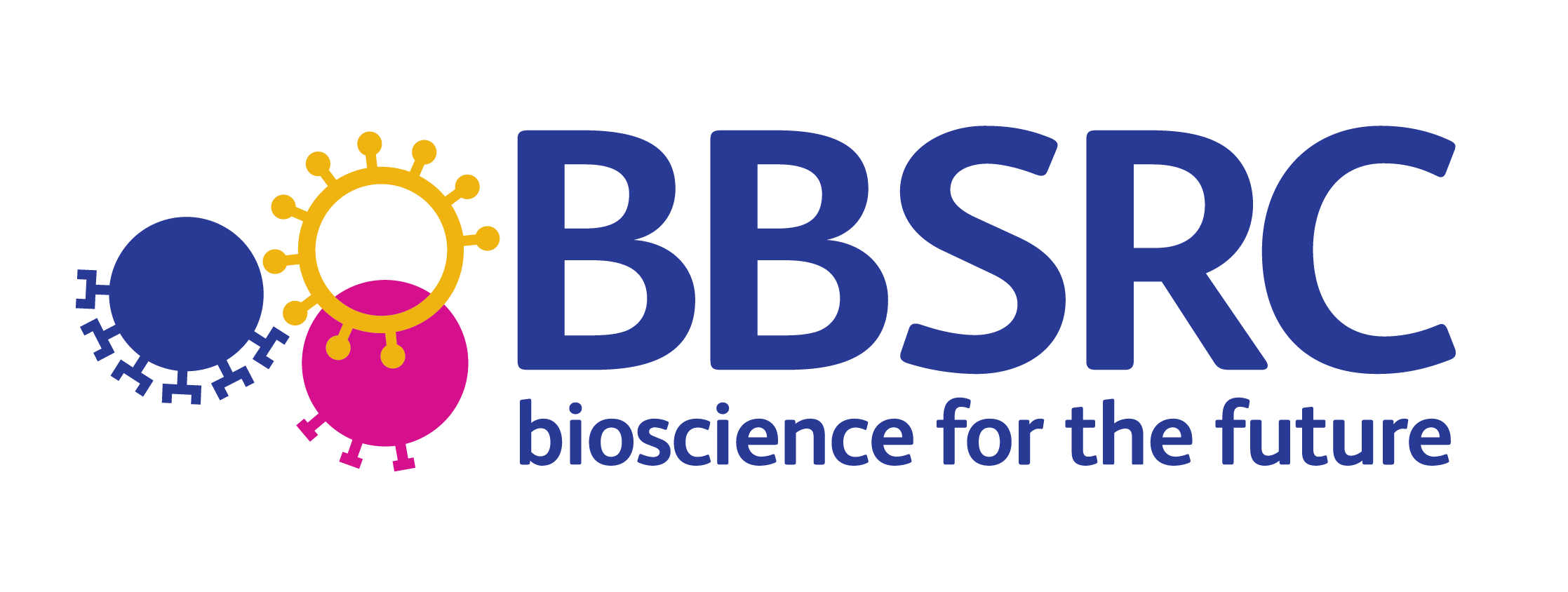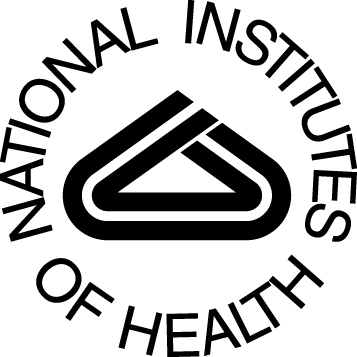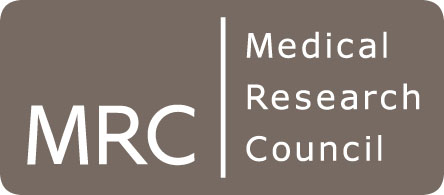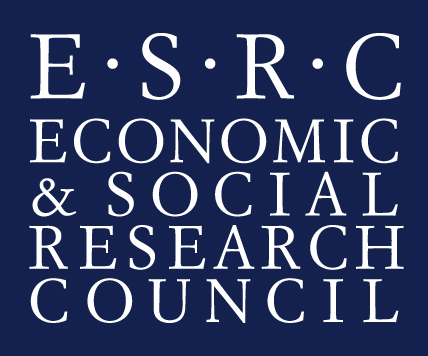Welcome to NaCTeM
The National Centre for Text Mining (NaCTeM) is the first publicly-funded text mining centre in the world. We provide text mining services in response to the requirements of the UK academic community.
On our website, you can find pointers to sources of information about text mining such as links to
- text mining services provided by NaCTeM
- software tools, both those developed by the NaCTeM team and by other text mining groups
- seminars, general events, conferences and workshops
- tutorials and demonstrations
- text mining publications
What text mining can do for you
Text mining offers a solution to the challenge of 'data deluge', information overload and information overlook. For more information, please see:- Event extraction for systems biology by text mining the literature
- Supporting the education evidence portal via text mining
- Using text mining for study identification in systematic reviews: a systematic review of current approaches
- Event-based text mining for biology and functional genomics
- Processing biological literature with customizable Web services supporting interoperable formats
- Enhancing Search: Events and Their Discourse Context
- A method for integrating and ranking the evidence for biochemical pathways by mining reactions from text
- Text Mining supporting Search for Knowledge Discovery in Diabetes
NaCTeM has developed text mining services and service exemplars for the UK academic community. Our services are underpinned by a number of generic natural language processing tools:
- TerMine is a Term Management System which identifies key phrases in text.
- RobotAnalyst is a tool to minimise the human workload involved in the study identification phase of systematic reviews.
- AcroMine is an acronym dictionary which can be used to find distinct expanded forms of acronyms from MEDLINE.
- Kleio is an advanced information retrieval system providing knowledge enriched searching for biomedicine.
- FACTA+ is a MEDLINE search engine for finding associations between biomedical concepts.
- History of Medicine (HOM) – A semantic search system over historical medical archives
- APLenty – An annotation tool for creating high-quality sequence labelling datasets using active and proactive learning
- MEDIE uses semantic search to retrieve biomedical correlations from MEDLINE.
Affiliations
- AIRC - The Artificial Intelligence Research Center (AIRC) is part of the National Institute of Industrial Science and Technology (AIST) in Japan. The goal of AIRC is to build a common ground for mutual understanding between humans and AI. AIRC promotes large-scale research that facilitates collaboration between industry, academia, and government, and to provide ongoing support for the social implementation of AI technologies.
- Archimedes - A research unit of the Athena Research Center, Greece, which connects the global AI and Data Science research community to foster groundbreaking research in Greece and beyond. By leveraging AI to address real-world challenges, ARCHIMEDES promotes innovation within the Greek ecosystem and extends its societal impact.
- Christabel Pankhurst Institute - The Institute is a £25m initiative to promote needs-led health technology research and innovation, providing end-to-end support for translation into practice, and acting as an external flagship for the University of Manchester's rapidly expanding health technology portfolio. It is a unique partnership between the University, NHS, business and local government, which forms an important part of the Greater Manchester health innovation ecosystem, working together to translate world-leading research into new products and services.
- Laboratory of Informatics, University of the Aegean - The Laboratory of Informatics, part of the Department of Mediterranean Studies of the University of the Aegean, conducts research relating to informatics, communications and applications. Research areas include Corpus Design and Construction, Corpus Processing, Computational Linguistics, Forensic Linguistics, Comparative Linguistics, Discourse Analysis and Political Speech.
- Manchester ELLIS Unit - A regional hub of the The European Laboratory for Learning and Intelligent Systems (ELLIS), which is a pan-European AI network of excellence which focuses on fundamental science, technical innovation and societal impact.
- Manchester Institute of Biotechnology - The Manchester Institute of Biotechnology (MIB) was founded in 2006 to facilitate cross-disciplinary research to develop new biotechnologies that have applications in human health, the energy economy, food security and the environment. The MIB is home to over 40 research groups, who lead a portfolio of pioneering research projects that continue to advance knowledge and uses of biotechnology.
- Manchester Institute for Data Science and Artificial Intelligence (IDSAI) - The access point to the University's expertise in data science and artificial intelligence, which facilitates interactions between researchers and problem holders and owns the University's data science strategy
Featured News
- AI for Research: How Can AI Disrupt the Research Process?
- ELLIS Workshop on Misinformation Detection - Presentation slides now available
- 1st Workshop on Misinformation Detection in the Era of LLMs (MisD)- 23rd June 2025
- Prof. Sophia Ananiadou accepted as an ELLIS fellow
- Invited talk at the 15th Marbach Castle Drug-Drug Interaction Workshop
- BioNLP 2025 and Shared Tasks accepted for co-location at ACL 2025
- Prof. Junichi Tsujii honoured as Person of Cultural Merit in Japan
- Participation in panel at Cyber Greece 2024 Conference, Athens
- New Named Entity Corpus for Occupational Substance Exposure Assessment
Other News & Events
- CL4Health @ NAACL 2025 - Extended submission deadline - 04/02/2025
- Shared Task on Financial Misinformation Detection at FinNLP-FNP-LLMFinLegal
- FinNLP-FNP-LLMFinLegal @ COLING-2025 - Call for papers
- Keynote talk at Manchester Law and Technology Conference
- Keynote talk at ACM Summer School on Data Science, Athens








